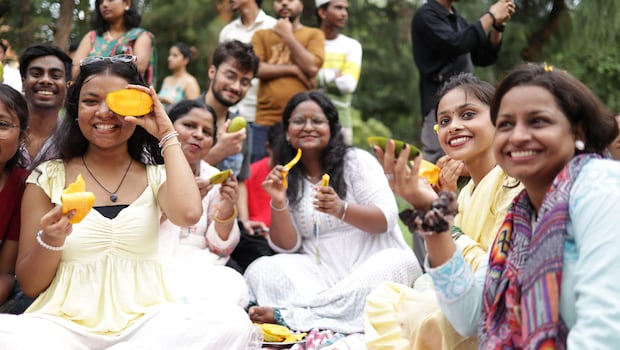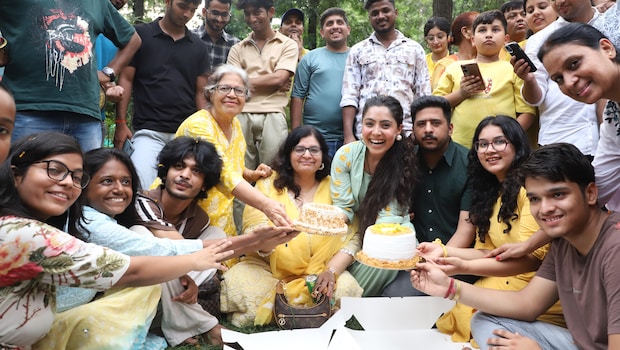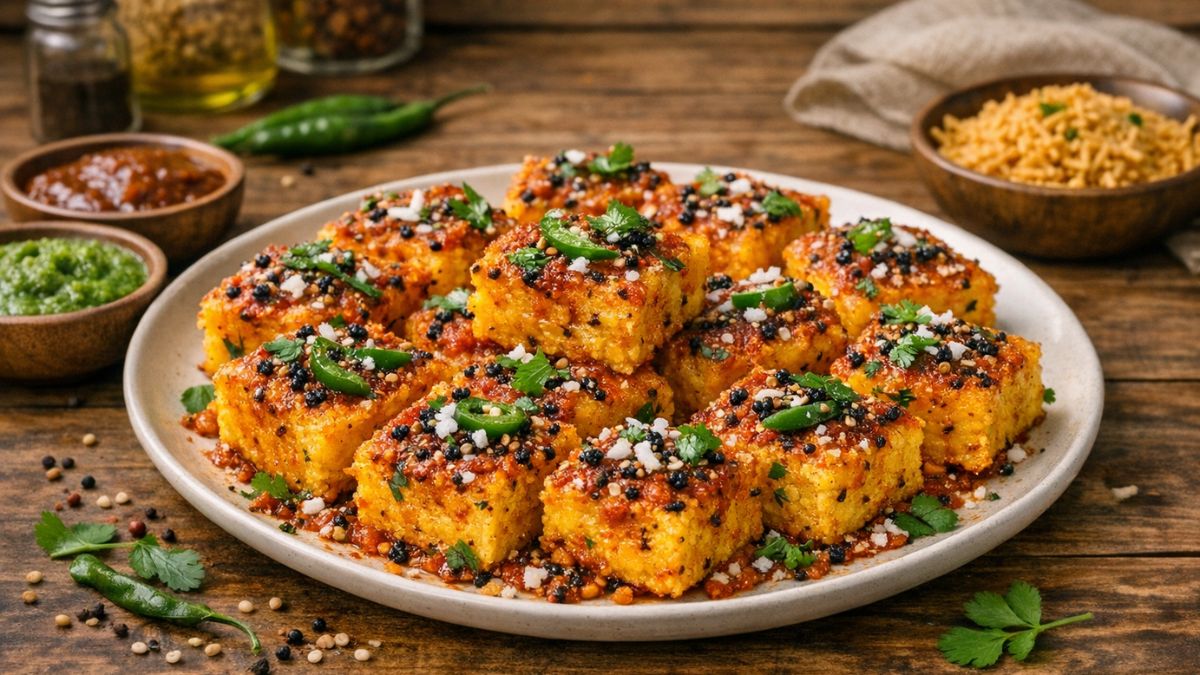India and mangoes share a bond that goes beyond just a seasonal treat. It's a relationship steeped in history, culture, and emotion. Every year, as the summer heat rises, so does the anticipation for the arrival of the "King of Fruits." It's a time when family gatherings and shared stories seem to revolve around a basket of these golden delights. This deep-rooted love for mangoes is at the heart of an extraordinary annual celebration in Delhi- a mango party unlike any other.
A Mango Party with a Purpose
In the bustling heart of Delhi, something truly special unfolds each year. It's a mango and music party hosted by Neelakshi Malik, the founder of Zaiyka Zindagi Ka (Flavours of Life). More than just a simple feast, this event is a vibrant blend of food, art, and human connection, set amidst the tranquillity of nature.
Neelakshi sees mangoes as a metaphor for life itself. "They're sweet, sour, raw, ripe, messy, refreshing-just like our emotions," she shares. This philosophy is the foundation of the gathering, which is built on the principles of sustainability and community. Guests are asked to bring their own plates and knives, making it a zero-waste, plastic-free affair. The mangoes, sourced from the organic brand Desi Utpad, are fresh and full of flavour.
What makes this party truly magical, however, isn't just the fruit itself but the stories that come with it.

A Tale of Many Mangoes: India's Fruity Legends
India is home to over 1,500 varieties of mangoes, and each one comes with its own rich history and legend. These aren't just fruits; they are living parts of the country's heritage.
Take the Langra mango from Banaras. Legend has it that this variety was first cultivated by a lame monk 300 years ago, earning it the name "Langra aam" (lame mango). Or consider the mighty Dussehri, which originates from Malihabad. It's a variety known for its unique characteristic of staying green even after ripening. Malihabad is home to a 200-year-old Dussehri tree that is still bearing fruit today! A local tale says that during a conflict with the British, farmers threw their mangoes instead of paying a toll, leading to the saying, "Ladayi mein ladoo nahi milte, par Lucknow walon ko mile aam," which means "while most gain nothing from conflict, the people of Lucknow got mangoes."
The world-famous Alphonso, or Haapus, has its own story. In the 16th century, the Portuguese grafted this variety to create a mango that could be easily sliced for European dining, naming it after Afonso de Albuquerque. Today, the Ratnagiri Haapus is prized for its rich aroma and buttery texture. Not to be outdone, the Chaunsa mango was named by Sher Shah Suri to celebrate his victory over Humayun at the Battle of Chausa.
Every mango variety tells a story of a place, a person, or a historical event, making each bite a taste of history.
A Mango Celebration with Soul

Neelakshi's community, Zaiyka Zindagi Ka, started as a personal birthday ritual- a way for her to feel less alone by giving back to others. It has since blossomed into something much larger, hosting themed gatherings like "Poetry & Pakoda" and "Dance & Dabeli" that are dedicated to joy and shared humanity.
The mango party is a reflection of this ethos. It's an open and inclusive space where people can simply be themselves. The atmosphere is one of mutual respect and connection, where status and background melt away.
The community operates on a "gift culture" principle: "Pay what you wish, if you wish." There is no pressure to contribute, only an invitation to receive and give if you feel moved to do so. This beautiful approach aims to build bridges across generations, promote mindful living, and celebrate each other with open hearts. The community's spirit is perhaps best summed up by one attendee: "The best thing I find here is that you are promoting the Indian culture in a fun and easy manner, and how beautifully the young and old generations are gelling up with each other is so cherished."
Ultimately, this celebration isn't just about the mangoes-it's a celebration of stories, connection, and life itself, reminding us to slow down and savour every moment.








